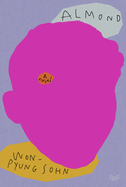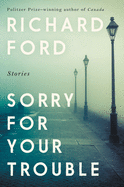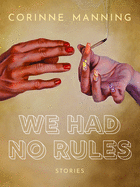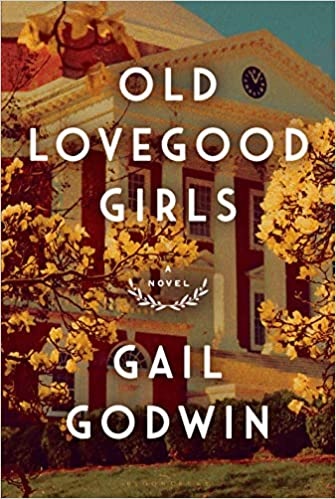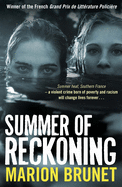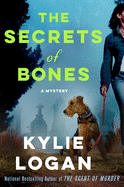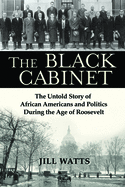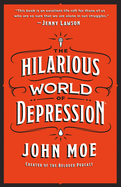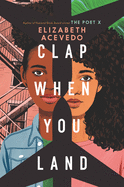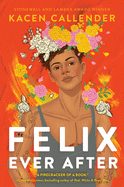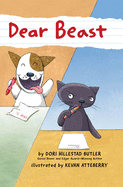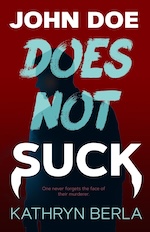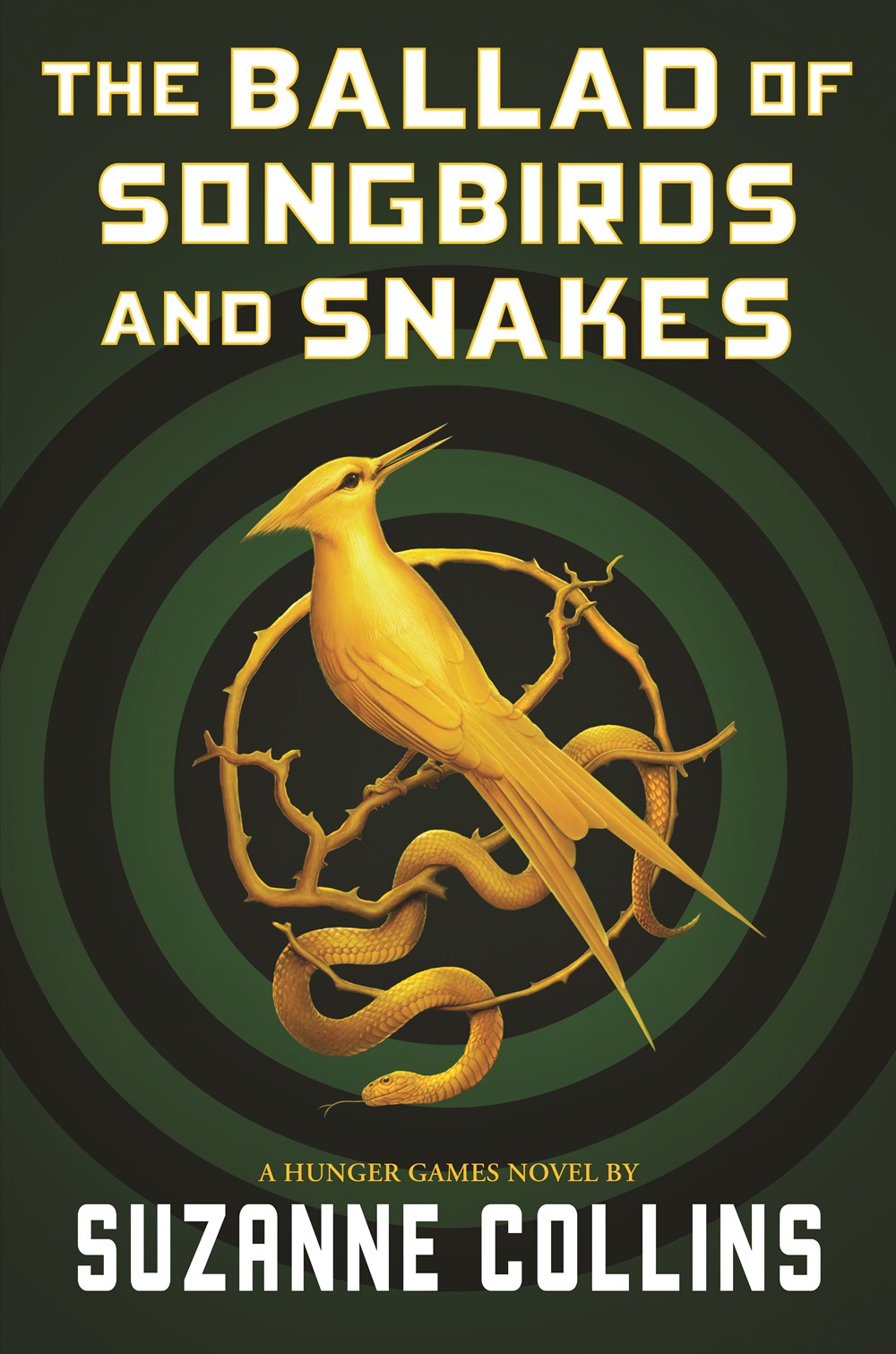 |
 |
| Suzanne Collins |
|
 |
| David Levithan |
|
Suzanne Collins's The Ballad of Songbirds and Snakes (Scholastic, $27.99), a prequel to the Hunger Games series, was published with a 2.5 million-copy first printing on May 19. Collins, who does not usually do interviews, sat down with her editor, David Levithan, to discuss her process and her return to the world of Panem, 64 years before the events of the first book in the series, The Hunger Games, took place.
David Levithan: I'll start with the two questions I'm sure most readers will want to ask: Did you always plan to return to Panem after the trilogy with a book set 64 years earlier? And if not, what made you return to the story in this way?
Suzanne Collins: Here's how it works now. I have two worlds, the Underland (the world of The Underland Chronicles series) and Panem (the world of The Hunger Games). I use both of them to explore elements of just war theory. When I find a related topic that I want to examine, then I look for the place it best fits. The state of nature debate of the Enlightenment period naturally lent itself to a story centered on Coriolanus Snow.
Focusing on the 10th Hunger Games also gave me the opportunity to tell Lucy Gray's story. In the first chapter of The Hunger Games, I make reference to a fourth District 12 victor. Katniss doesn't seem to know anything about the person worth mentioning. While her story isn't well-known, Lucy Gray lives on in a significant way through her music, helping to bring down Snow in the trilogy. Imagine his reaction when Katniss starts singing "Deep in the Meadow" to Rue in the arena. Beyond that, Lucy Gray's legacy is that she introduced entertainment to the Hunger Games.
Levithan: I have to ask--when you wrote that reference in the first book, did you have any sense of who that fourth victor might be?
Collins: Yes, but she's evolved a lot since then.
Levithan: What was it like to rewind the world you'd built by 64 years? What were some of the touchstones you used to understand what this version of Panem would be?
Collins: I really enjoyed going back in time to an earlier version of Panem and visiting the reconstruction period that followed the Dark Days. I thought a lot about the period after the Civil War here in the United States and also the post–World War II era in Europe. People trying to rebuild, to live their daily lives in the midst of the rubble. The challenges of food shortages, damaged infrastructure, confusion over how to proceed in peacetime. The relief that the war has ended coupled with the bitterness toward the wartime enemy. The need to place blame.
Levithan: What about the early Hunger Games?
Collins: Even as the victor in the war, the Capitol wouldn't have had the time or resources for anything elaborate. They had to rebuild their city and the industries in the districts, so the arena really is an old sports arena. They just threw in the kids and the weapons and turned on the cameras. The 10th Hunger Games is where it all blows wide open, both figuratively and literally.
Levithan: What was it like to have to dial back a character you created in his late maturity and then to rethink him as an 18-year-old?
Collins: Well, I thought about Wordsworth's line, "The Child is father of the Man." The groundwork for the aging President Snow of the trilogy was laid in childhood. Then there's Locke, who's all over this book, with his theory of tabula rasa, or blank slate, in which we're all products of our experiences. Snow's authoritarian convictions grew out of the experiences of his childhood, as did his complicated relationships with mockingjays, food, the Hunger Games, District 12, District 13 and women. So, you rewind and plant the seeds.
But given all that, you still need to leave room for Snow's personality. Is he a product of nature or nurture? Everyone of his generation experienced trauma, loss and deprivation. And yet Sejanus, Tigris, Lucy Gray and Lysistrata turned out very differently.
For whatever reason, Snow has a very controlling personality. Then he experiences one of the most out-of-control emotions, falling in love. It turns out to be a bad combination.
Suzanne Collins: A Return to Panem
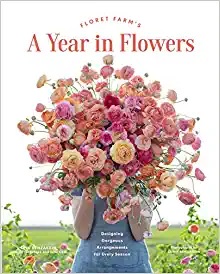 Erin Benzakein, founder-owner of Floret Farm in Washington State's Skagit Valley, offers practical gardening advice and hundreds of gorgeous photos in her first book, Floret Farm's Cut Flower Garden (Chronicle, $29.95). She takes readers through the classics--daffodils, tulips, sweet peas, dahlias--and offers "vase life tricks" to make cut flowers last longer. (Her new book, Floret Farm's A Year in Flowers, was released this February--it's on my list.)
Erin Benzakein, founder-owner of Floret Farm in Washington State's Skagit Valley, offers practical gardening advice and hundreds of gorgeous photos in her first book, Floret Farm's Cut Flower Garden (Chronicle, $29.95). She takes readers through the classics--daffodils, tulips, sweet peas, dahlias--and offers "vase life tricks" to make cut flowers last longer. (Her new book, Floret Farm's A Year in Flowers, was released this February--it's on my list.) Australian journalist Margaret Simons chronicles a year of scrappy urban gardening in her brief, wry memoir Six Square Metres (Scribe US, $15). Through the Antipodean seasons, Simons recounts her struggles with growing plants in a small, shady Melbourne back garden located next to a McDonald's. Simons's memoir is less handbook than journal--though she does share some clever tricks, like putting a few pots on the (flat) roof, and her unexpected successes, including stubbornly cheery daffodils and a runaway lavender hedge.
Australian journalist Margaret Simons chronicles a year of scrappy urban gardening in her brief, wry memoir Six Square Metres (Scribe US, $15). Through the Antipodean seasons, Simons recounts her struggles with growing plants in a small, shady Melbourne back garden located next to a McDonald's. Simons's memoir is less handbook than journal--though she does share some clever tricks, like putting a few pots on the (flat) roof, and her unexpected successes, including stubbornly cheery daffodils and a runaway lavender hedge.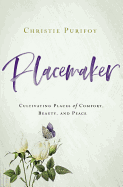 Christie Purifoy grew up going to the garden store with her father in central Texas. Her journey from there to Maplehurst, the farmhouse in eastern Pennsylvania she shares with her husband and four children, has been a winding one. In Placemaker (Zondervan, $18.99), her second memoir, Purifoy recounts the homes she has lived in over the last four decades, anchoring each one to an image of a different tree: honey locust, silver maple, saucer magnolia. She eloquently celebrates the gifts and honors the losses of each place. As many of us stay at home this spring, Placemaker may inspire us to view our living spaces and neighborhoods with fresh eyes. --Katie Noah Gibson, blogger at Cakes, Tea and Dreams
Christie Purifoy grew up going to the garden store with her father in central Texas. Her journey from there to Maplehurst, the farmhouse in eastern Pennsylvania she shares with her husband and four children, has been a winding one. In Placemaker (Zondervan, $18.99), her second memoir, Purifoy recounts the homes she has lived in over the last four decades, anchoring each one to an image of a different tree: honey locust, silver maple, saucer magnolia. She eloquently celebrates the gifts and honors the losses of each place. As many of us stay at home this spring, Placemaker may inspire us to view our living spaces and neighborhoods with fresh eyes. --Katie Noah Gibson, blogger at Cakes, Tea and Dreams





